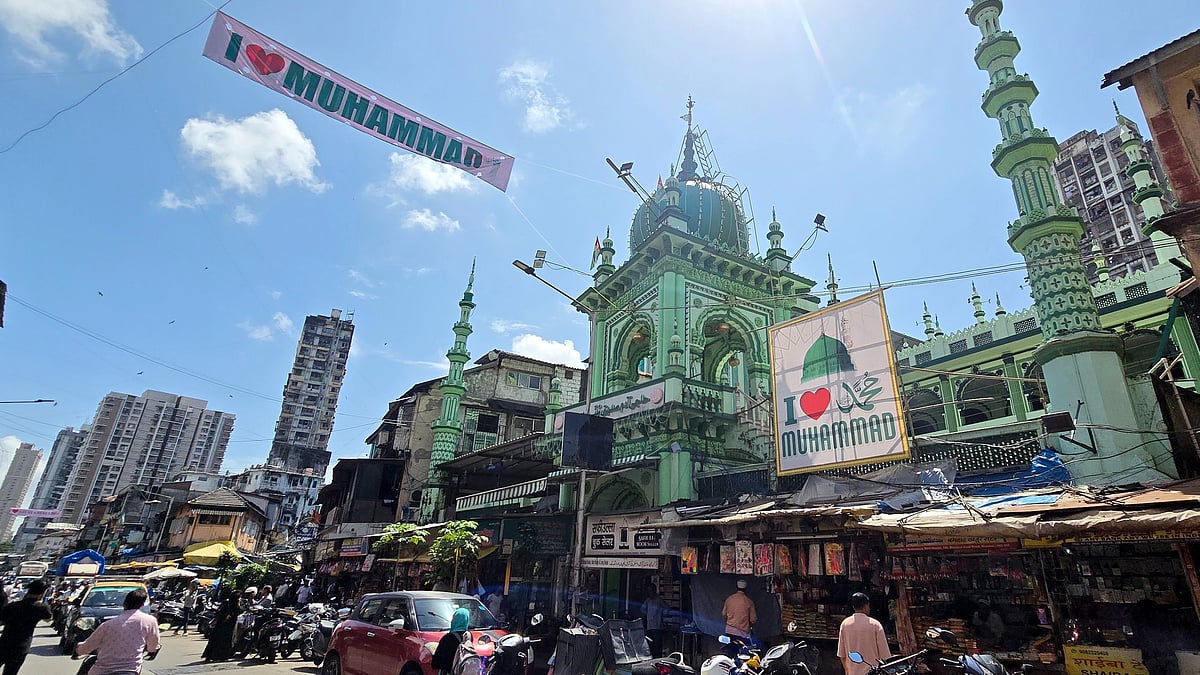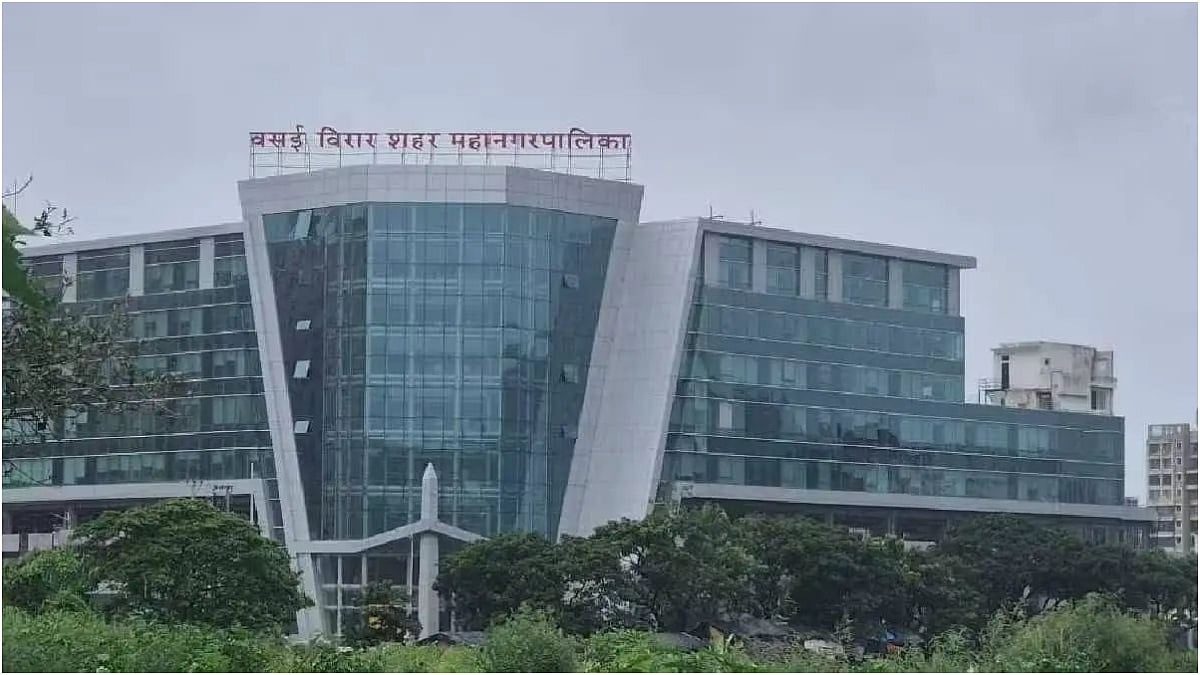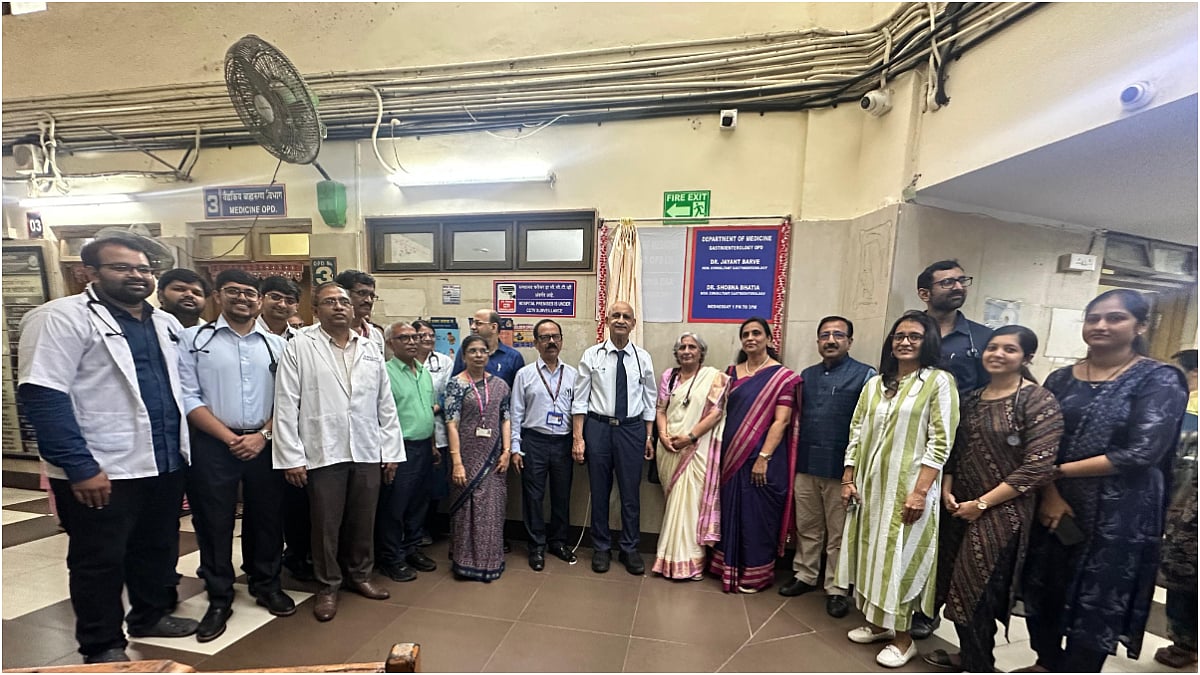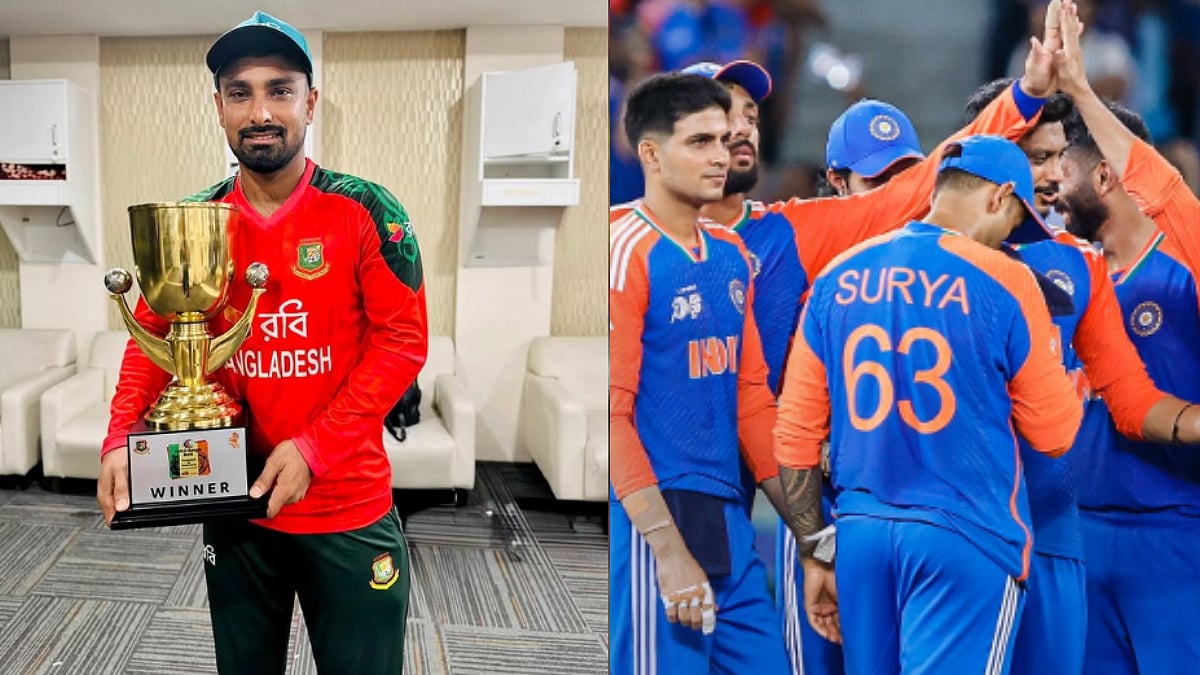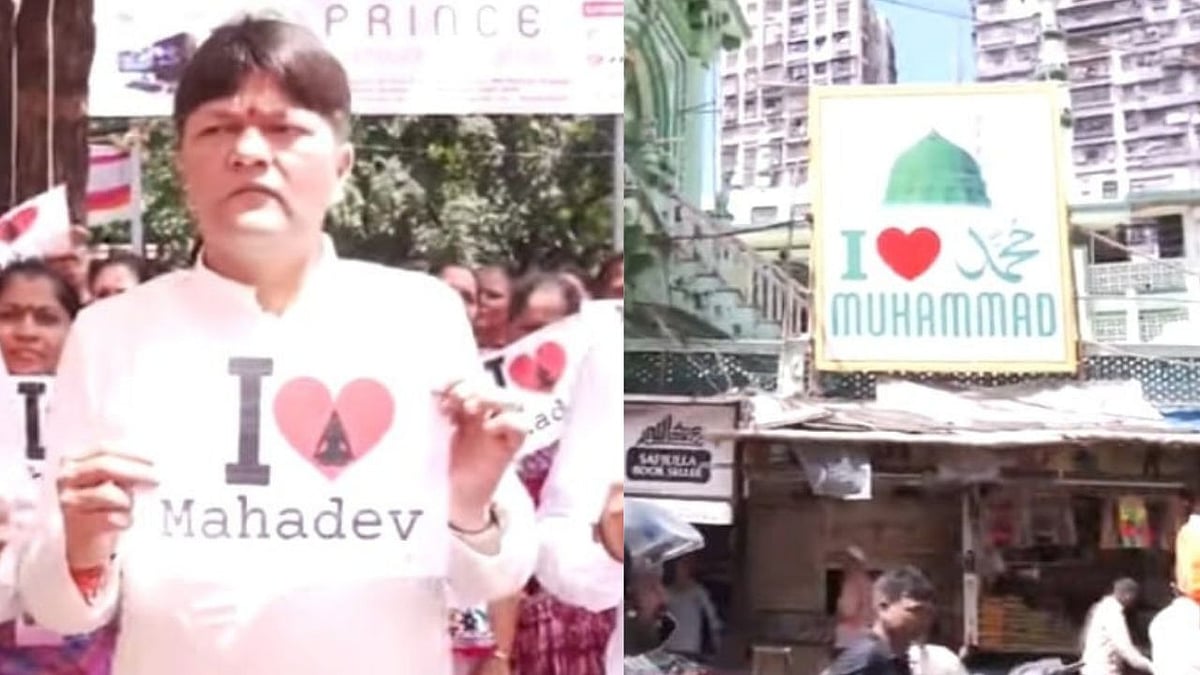The controversy over ‘I Love Muhammad’ posters, which began earlier this month in Uttar Pradesh’s Kanpur, has now triggered protests in several states including Uttar Pradesh, Uttarakhand, Telangana, and Maharashtra. Muslim clerics and community leaders in Mumbai have also stepped in, demanding withdrawal of cases filed by Kanpur police.
At Malvani police station in Mumbai's Malad, Maulanas and clerics submitted a memorandum claiming the FIRs were unjustified. They urged the state government to act swiftly and ensure that the religious sentiments of the community were respected.
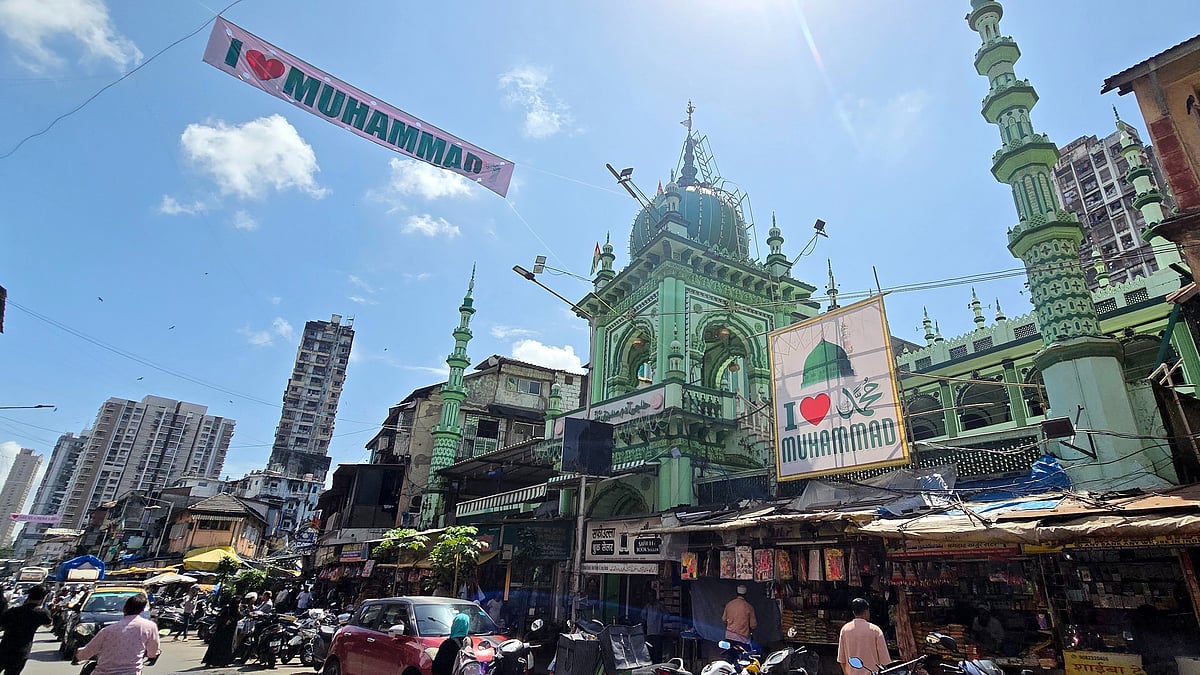
How the Controversy Began
The row started on 4 September during the Barawafat (Eid-e-Milad-un-Nabi) procession in Kanpur. Groups of youths marched with green flags and posters reading “I Love Muhammad”, while distributing sweets and singing devotional songs. Later that evening, similar banners appeared on shopfronts and traffic points in Beconganj and Anwarganj.
According to locals, the act was purely devotional. However, some Hindu groups objected, arguing that this was a “new tradition” not associated with Barawafat celebrations.

Police Intervention and Escalation
Tensions rose after police removed a few banners citing lack of prior permission. Videos circulating online showed arguments and scuffles between residents and police. Crowds gathered demanding reinstatement of the posters, prompting police to use mild force and detain ten people.
Soon, similar disputes surfaced across Uttar Pradesh. In Bareilly, a proposed hoarding near Dargah Ala Hazrat was blocked by police, leading to a brief sit-in. In Sambhal, municipal workers erased wall graffiti with the same slogan, sparking late-night demonstrations.
On 9 September, Kanpur police filed FIRs against 24 people, accusing them of disturbing communal harmony by introducing a “new custom” during the procession.
Political Reactions and Police Defence
The controversy gained momentum after AIMIM chief Asaduddin Owaisi criticised the FIRs, insisting that saying “I Love Muhammad” was no crime.
Meanwhile, Kanpur Police Commissioner Ramkrishan Yadav defended his force, stating that the banners were obstructing traffic and had been erected without permission. “Our action was aimed at maintaining public order, not at hurting sentiments,” he said, appealing for peaceful celebrations.
Protests Spread Beyond Uttar Pradesh
The issue quickly spread beyond Kanpur. Demonstrations were reported in Nagpur, Mumbai, Hyderabad, and Uttarakhand. In Mumbai, clerics held peaceful gatherings, but in Kashipur (Udham Singh Nagar, Uttarakhand), the protests turned violent on Sunday night.
Police alleged that the Kashipur rally was held without permission. According to SSP Manikant Mishra, the crowd attacked police personnel and vandalised vehicles when officers tried to disperse them. Seven people were arrested, ten detained, and alleged mastermind Nadeem Akhtar was questioned. The district administration also demolished several structures, terming them “illegal encroachments.”
The Road Ahead
With protests still simmering, authorities are appealing for calm while religious leaders continue to demand withdrawal of FIRs. The row has underscored the deep sensitivities around faith, tradition, and freedom of expression—issues that remain at the heart of India’s communal debates.
